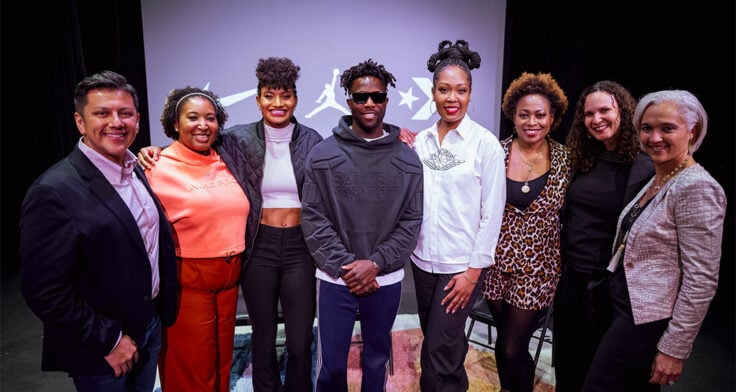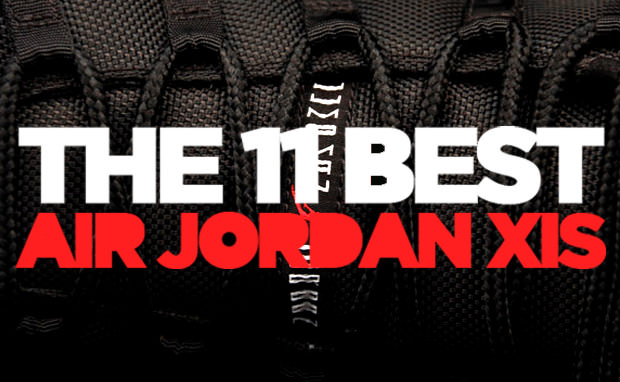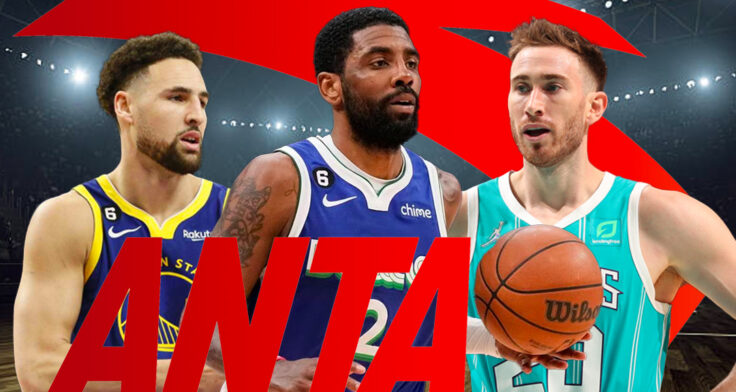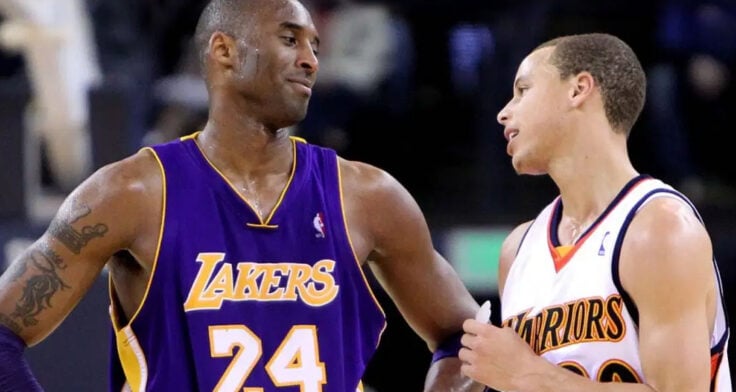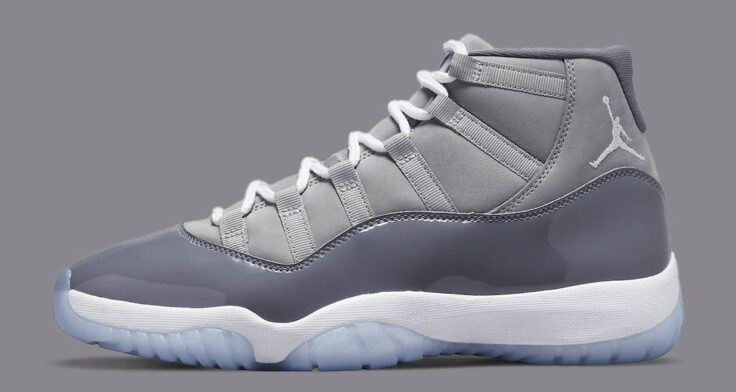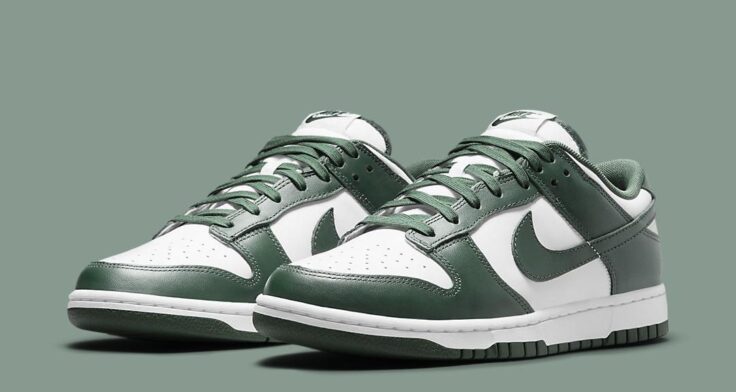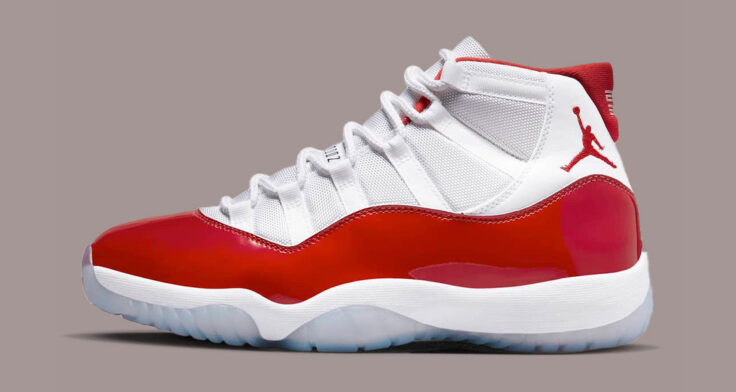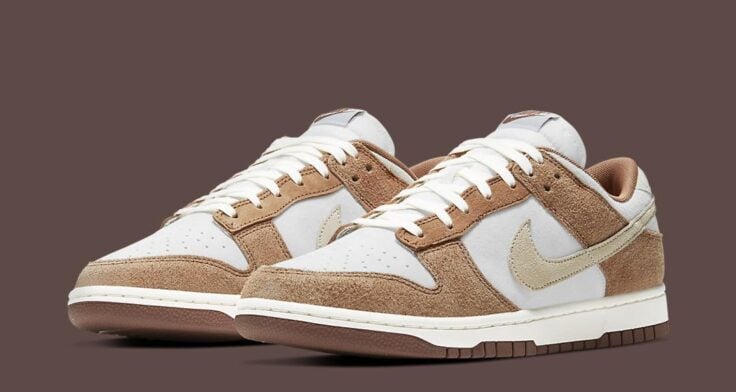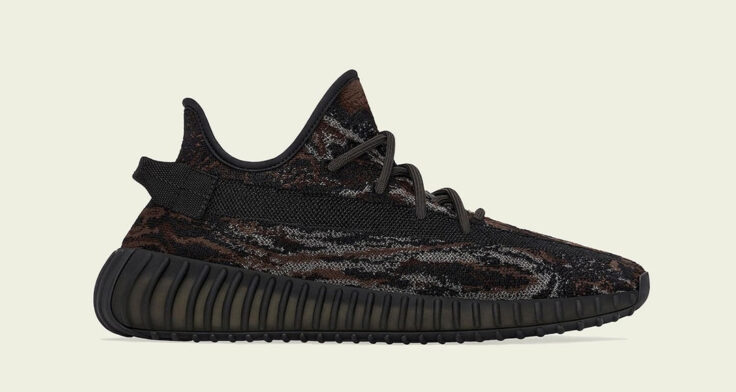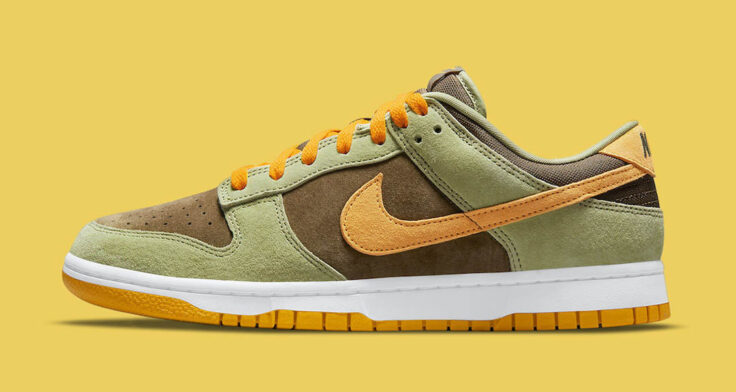Almost 10 years ago to the day, LeBron James signed a historic seven-year, $93 million contract with Nike before playing a single game in the NBA. In 2001, Allen Iverson signed a lifetime extension with Reebok, before his initial 10-year contract was completed. That exorbitant contract was said to have a payout of no less that $10 million per year. In 2012, Derrick Rose signed a “lifetime” contract with adidas, which is actually a confirmed 14-year, $260 million deal. Outside of Derrick Rose and Nike Basketball’s trifecta of James, Kevin Durant, and Kobe Bryant, finding another NBA stars with a popular signature sneakers is difficult. However, with a new influx of talent in the league, we discuss who is Next In Line to receive a signature sneaker.
Allen Iverson signed a “lifetime” contract with Reebok in 2001Before detailing who we think will receive a lucrative shoe deal, and have the dream of their own sneaker materialized, we must first provide a framework. At the turn of the century, Nike Basketball boasted a robust nine signature models. As of today, Nike Basketball, and its Jordan Brand subsidiary, combine for five signature sneakers. During this time, we have seen the focus narrow to absolute superstars. Gone are the days of fringe stars receiving their own sneaker after one All-Star season. It seems brands would much rather create a PE (player exclusive) makeup for good players, than provide them with a sneaker baring their names. However, does that have the same effect as a specific player wearing his own shoe?
In the last three or four years, the sports fan has become extremely familiar with the term “market.” Whether it was Dwight Howard wanting to be in a larger market, or LeBron James wanting to escape a small market, we have learned more about the business side of sports than most of us would like to know. On the surface, it would be safe to assume that a larger market would equal more branding opportunities. Increased branding would surely increase sales and trump any “big fish in small pond” superstar, right? Not so fast. Of the three Nike Basketball athletes, two have played and flourished in small markets. That individual success has reflected success signature sneakers. LeBron spent seven years in Cleveland, and Durant plays for Oklahoma City. Both cities are considered small markets, and both players are considered transcendent superstars. More importantly, both have longstanding thriving signature shoes. Conversely, Carmelo Anthony’s signature Jordans, though admirably popular, cannot claim the same esteem among fans. New York is the largest of large markets, and Melo’s sneaker campaign easily equates to the others. That sparks the question, is it the market or is it the individual in the market that spells success?
Nike Hyperdunk 2012 “Kyrie Irving” PEEnter Kyrie Irving. The young, gregarious star has moved up the NBA ranks very quickly. He went to Duke University in 2010 as one of the most highly recruited and decorated players in his class, and left the number one draft pick, despite only playing in 11 games. Having the unenviable task of being “the man” after LeBron, Irving has navigated his way to the brink of superstardom. He easily cruised to the NBA Rookie of the Year in his first NBA season. Irving’s exploits were enough to make a struggling Cleveland Cavaliers team a must watch. That momentum led to the summer of 2012, where as a member of the Team USA Select squad, he torched the gold-medal winning team repeatedly. His dazzling talent opened the eyes of many, and vaulted him to one of if not the most popular young players in the League.

